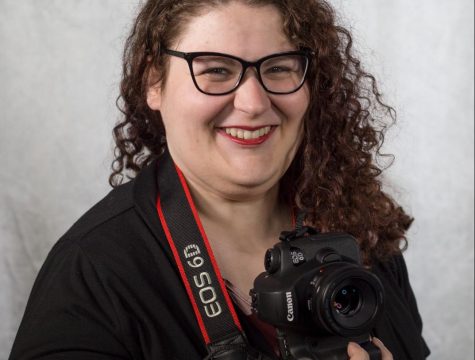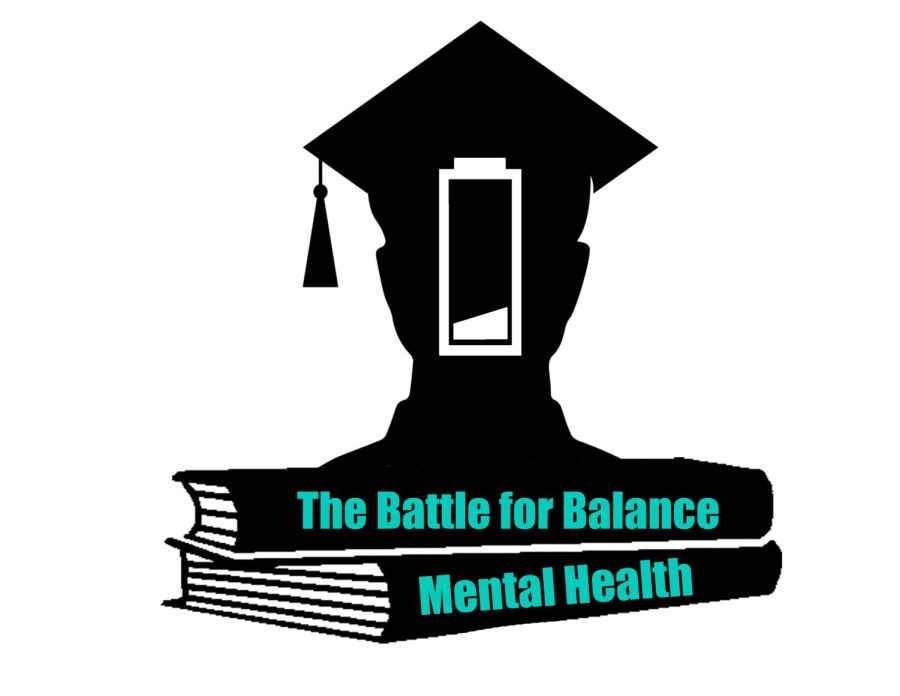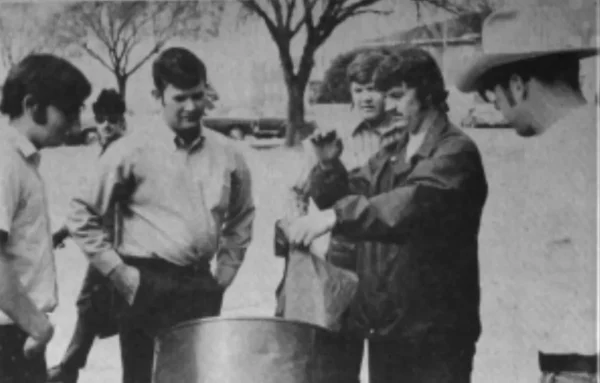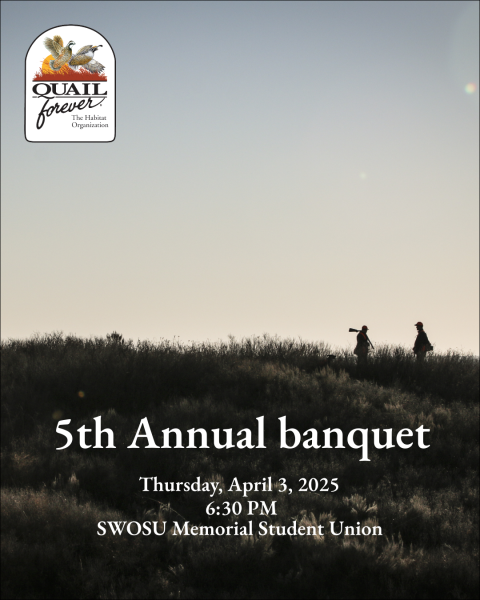Finding a balance: Mental health and school
Since the beginning of the semester have you struggled with anxiety and/or depression? In an Instagram survey for The Southwestern, 107 SWOSU students responded, with 89 answering “yes.”
One of the 89 students, who wished to remain anonymous, said, “I don’t treat it at all. I clean to relieve stress.”
She confirmed she sleeps six to eight hours each night and has an intake of 80mg of caffeine each day from a sugar-free Red Bull. The Southwestern survey had 37 students respond to how many hours of sleep they had the evening before: 17 students responded with three to five hours of sleep, the other 20 responding with six to eight hours.
Susan Ellis, director, and counselor of the Center for Health and Well-being is the Active Minds adviser.
“Active Minds is a student organization,” Ellis said. “Five years ago, we received a GED scholarship. Part of that is suicide prevention. There are only two universities in Oklahoma right now that have Active Minds. It is a mental health-promoting organization on campus.”
Three counselors are available at SWOSU: Susan Ellis, Josh Wise, and Trudy Hoffman. Their offices are in the Wellness Center, and the services are free for current SWOSU students.
“We have a policy; if someone walks in, we see them right then,” Ellis said. “If they fill out the intake form, we will see them within the next three days. Some come in just to process their week. They don’t know how to balance it all, and so we process their week one day at a time, we keep the stress level down, and just try to help.”
Appointments can be scheduled by emailing [email protected], calling 580-774-3776, or by walking into their office in the Wellness Center. Their main goal is to get the student in as soon as possible, if not the same day, then three days after maxim.
All students are required to fill out an intake packet after scheduling their first appointment. This is just to help the counselor get to know the student.
“The number one thing we see is anxiety and depression,” Ellis said. “We see everything you can imagine and things you may not want to imagine.”
They are also available after-hours and can be reached by calling the emergency SWOSU Public Safety phone number 580-774-3111 or sending a text message to 741741 to be connected with one of the three counselors at any time.
“I don’t want it to be awkward, and I don’t want to be the only one talking,” said an anonymous SWOSU student. One of the benefits of Active Minds is the group discussions and interactions with other SWOSU students.
“I am a firm believer we all have a little anxiety,” Ellis said. “It could be social, it could be test anxiety, it could be the end of the month I don’t have enough money to finish my finances. I think we all have a little bit. If it is affecting their daily life, then we need to address it.”
“Since symptoms vary depending on the person, it is important to look for changes in typical behaviors or ideas/thoughts that seem concerning,” said Laci Strickler, a licensed professional counselor with Take Care Counseling. “If concerned about the wellbeing of a SWOSU student, faculty, or staff member, contact Counseling Services, Dean of Students, or Campus Police. There is also a Behavioral Intervention/Student of Concern Form available: https://swosu.formstack.com/forms/bit_soc_reporting_form.”
Ellis added, “A lot of them are second-guessing, ‘Am I in the right place right now?’ struggling, ‘Should I stay in college?’ and of course we encourage them to stay in college and attend appointments, but we also use all the resources on campus. We sent them to anybody and everybody who can assist them while we work on the mental health side.”
There are also counseling options off-campus, such as Take Care Counseling.
“Counseling can be helpful to people struggling with a variety of issues and in many cases, people may not meet the criteria for a mental health diagnosis,” Stickler said. “Life is complicated and at times when people are ‘going through it’ or feeling stuck, it can be helpful to have someone to listen and help sort through options. I believe life is too short to spend another day dwelling on past hurts or future worries. I hope to provide people with a safe space to open up and share their stories without fear of judgment. Check out www.takecarecounseling.com or contact [email protected] for more information or to schedule an appointment.”
Stress warning signs students should look out for.
- Headaches, muscle tension, neck or back pain
- Upset stomach
- Dry mouth
- Chest pains, rapid heartbeat
- Difficulty falling or staying asleep
- Fatigue
- Loss of appetite or overeating “comfort foods”
- Increased frequency of colds
- Lack of concentration or focus
- Memory problems or forgetfulness
- Jitters
- Irritability
- Short temper
- Anxiety
- Panic attacks

Katy Malinowski is the News Editor for The Southwestern. While earning her degree in Strategic Communications with a minor in Public Relations, she hopes...







